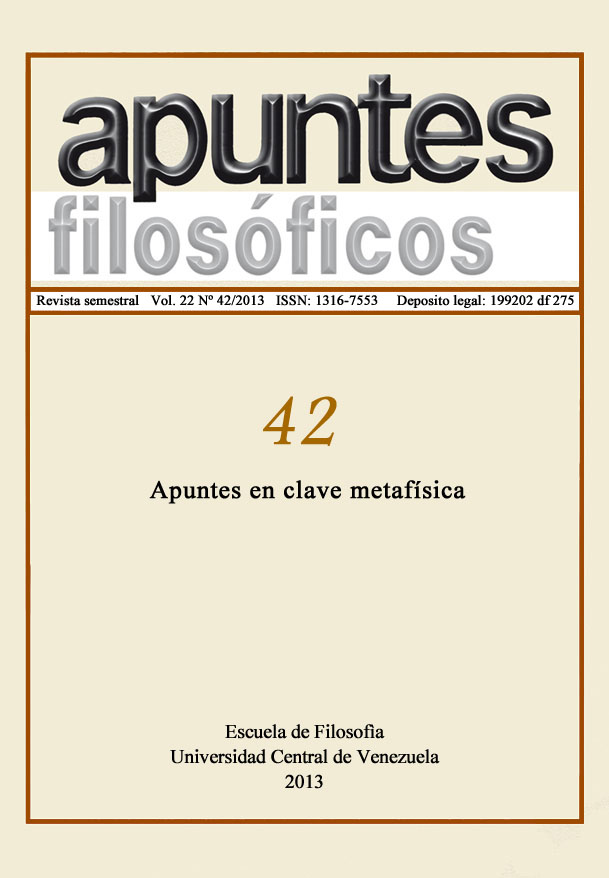Un acercamiento al platonismo absoluto de Cantor
Palabras clave:
Fundamentos de la matemática, Realismo matemático, Platonismo absoluto, Infinito actual, Foundations of Mathematics, Mathematical Realism, Absolute Platonism, Current Infinity.Resumen
Hacia finales del siglo XIX se llevó a cabo una gran revolución conceptual y metodológica en la matemática. En tal revolución se empezaron a emplear conceptos, métodos y técnicas que dejaban de lado la antigua forma de hacer matemática, propia del siglo XVIII y principios del siglo XIX, y a su vez proponían un Hacer abstracto, es decir, una forma abstracta de ocuparse del ente matemático. Pero no sólo se trataba de un cambio metodológico, sino que la pregunta por los fundamentos se vuelve cada vez más importante y trae consigo interrogantes de carácter filosófico, como es el caso de la inquietud por la naturaleza del objeto matemático (la interrogante ontológica), y la posibilidad de conocimiento de dicho objeto (la interrogante epistemológica). Nuestro interés en este artículo es mostrar cómo la filosofía que respalda las investigaciones matemáticas de Cantor trata de dar respuestas a las interrogantes ontológicas y epistemológicas. Para ello hemos tratado de ofrecer un contexto histórico-conceptual que gira en torno a la pregunta por los fundamentos, y dentro de dicho contexto hemos señalado como se presenta el Platonismo absoluto de Cantor
An approach to Cantor´s absolute Platonism
Abstract
A great conceptual and methodological revolution in mathematics was carried out by the end of nineteen century. In that revolution people began to use concepts, methods and techniques which set aside the old way of doing mathematics, typical of the eighteenth and early nineteenth century, and in turn they proposed an Abstract Make, i.e., an abstract form of dealing with the mathematical entity. But it was not only a methodological change, but the question of the foundations is becoming increasingly important which arises more philosophical questions, such as the concern about the nature of the mathematical object -the ontological question- and the possibility of knowledge of this object -the epistemological question. Our interest in this article is to show how the philosophy behind Cantor's mathematical research is intended to answer the ontological and epistemological questions. For it, this paper tries to provide a conceptual and historical context, which is revolving around the question of the foundations, and within this context, it is noted as the Absolute Platonism of Cantor.

